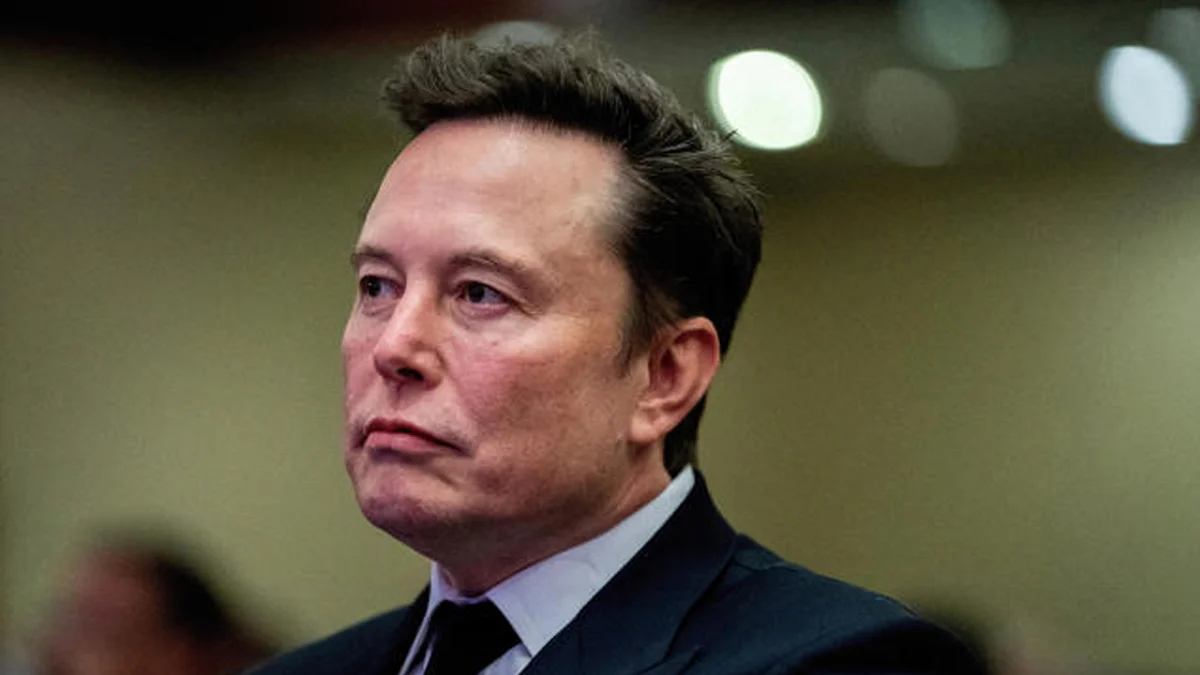Necessary Always Active
Necessary cookies are required to enable the basic features of this site, such as providing secure log-in or adjusting your consent preferences. These cookies do not store any personally identifiable data.
|
||||||
|
||||||
|
||||||
|

Elon Musk vs. Sam Altman’s legal feud is threatening to derail OpenAI’s fast ascent to the peak of AI. According to Yahoo Finance, the two co-founded OpenAI in 2015 as a nonprofit before parting ways in 2018. The two are now locked in a court battle over OpenAI’s future.
Musk is currenting running xAI, a company that competes with OpenAI. The Tesla CEO filed a lawsuit against OpenAI in August 2024 accusing the AI startup of prioritizing profit over its non-profit mission. As a non-profit, OpenAI’s mission is to advance AI for the benefit of humanity.
OpenAI started working on a restructuring plan that involves shifting from its non-profit status to for-profit status months ago. The change is aimed at making the company more attractive to investors. However, the company plans to maintain its non-profit entity with minority stakes in the for-profit entity.
In the unfolding OpenAI legal battle, Musk wants a federal court to issue an injunction stopping the ChatGPT maker from converting to a for-profit entity.
“I think the fact that Musk has asked for a preliminary injunction ups the ante because if he were successful it would definitely throw a major wrench into the current plans for OpenAI,” Telluride Legal Strategies Founder Rob Rosenberg said.
OpenAI and CEO Sam Altman sought to discredit Musk’s request last week. Microsoft, which is OpenAI’s largest backer, teamed up with Altman and OpenAI to term Musk’s allegations as false and devoid of a legal basis to justify his effort to block OpenAI’s conversion to a for-profit entity.
The Musk vs Sam Altman courtroom clash comes at a time when Microsoft and OpenAi are discussing how to share the AI benefits when OpenAI attains for-profit status. The two entities have engaged Wall Street investment banks, Morgan Stanley and Goldman Sachs to provide financial advice. The tech giants took this step after OpenAI closed a funding round that raised $6.6 billion at a $157 billion valuation.
Musk’s lawsuit could slow down OpenAI’s process of attracting investments. The terms of its latest funding round require the AI startup to do away with its non-profit status in two years or the funding be converted to debt.
But the Musk vs. OpenAI legal suit isn’t the only thing that could drag things for the AI startup. Last week, Meta Platforms asked the California Attorney General to block OpenAI’s quest to attain a for-profit status. According to Meta, allowing this change to happen could set a dangerous precedent.
When Musk and Altman started OpenAI, Altman expressed his trust and confidence in Musk. He talked about his vision of keeping AI safe and distributing it widely. He also highlighted his good working relationship with Musk. But a decade later, their relationship is no longer the same.
The reasons why Musk left AI are contentious in court. In his suit, the tech billionaire alleges that Altman coerced him into founding and funding OpenAI with the promise that it will maintain its non-profit status. He says Altman unlawfully enriched himself by initiating partnerships between OpenAI and firms like Stripe and Reddit where he has financial interests.
In its court documents, OpenAI says that before leaving the AI startup, Musk agreed that a for-profit status was necessary for the attainment of OpenAI’s mission. The startup says that Musk had even demanded a majority stake in the for-profit entity. Musk stepped down as co-chair after the startup turned down his proposal to convert to a for-profit entity attached to his EV manufacturing company, Tesla.